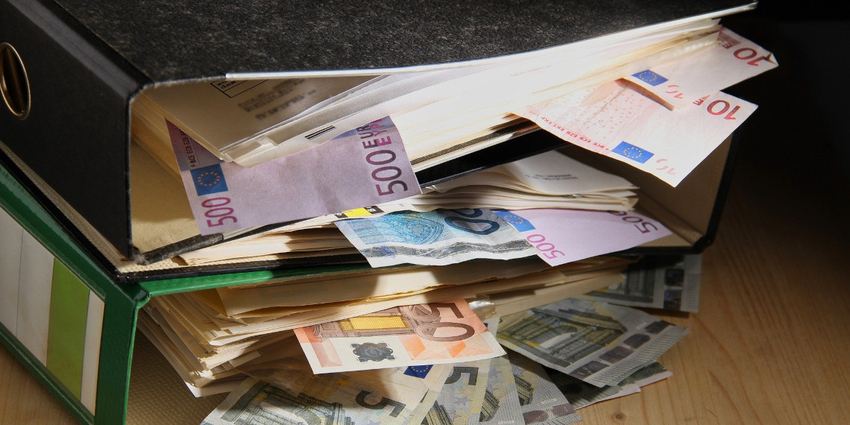To provide relief in particular for small and medium-sized enterprises (SMEs) and local authorities in Germany, it has to be possible to offset as well losses against corporate profits from the previous year for local business tax (Gewerbesteuer) purposes. Alfons Weichenrieder, SAFE Fellow and Professor of Finance at Goethe University Frankfurt, and Philipp Lamprecht, Professor of Tax Law and Civil Law at Goethe University Frankfurt, come to this conclusion in a current SAFE White Paper (in German).
So far, this kind of loss carryback only applies to the income and corporation tax. For these taxes, the Second Corona Tax Assistance Act (Zweites Corona-Steuerhilfegesetz) has extended the loss carryback by increasing the maximum amount applicable to it fivefold from one to five million euros. However, the extension of the loss carryback thus only benefits large companies and only those that pay income or corporation tax. The partnerships (Personengesellschaften), which are particularly common among SMEs, will not be reached by this measure, or at best only indirectly. Whereas, extending the loss carryback to local business tax, all companies could be equally relieved.
The authors of the SAFE White Paper see the extension of loss carryback as an appropriate and broadly effective economic policy tool to counter the economic slump in the wake of the corona pandemic. According to them, the loss carryback has an anti-cyclical effect and – in contrast to credit support – strengthens the equity of companies. This provides companies with unbureaucratic and immediate liquidity by allowing current losses to be offset against the previous year's profits for tax purposes.
Scope of relief for companies can be almost doubled
"For an effective economic policy, the loss carryback must be extended to local business tax," says Alfons Weichenrieder. "The advantage compared to other instruments is that a loss carryback reaches the right companies," the scientist continues, "it favors all companies that have made profits in the past and are therefore likely to be profitable even after the crisis." By extending the loss carryback to include trade tax, the relief for companies could not only be almost doubled by up to five billion euros but could also be structured independently of the legal form of the company. This would benefit especially SMEs.
Finally, an extension of the loss carryback to local business tax could also strengthen the finances of local authorities, according to the SAFE White Paper. The already agreed assumption of crisis-related local business tax losses by the federal and state governments would remain insufficient as long as it does not also include the offsetting of losses now incurred.Without a financial assumption of the loss carryback by the Federal Government and the German federal states, high loss carryforwards will arise for local business tax as a result of the crisis. However, such losses carried forward would burden future local business tax payments, and thus the financial recovery of the municipalities in the long term.
Download the SAFE White Paper No. 71

